Category Archives: Education

Want to boost Maths? Bring in more female teachers…
by Pisana Ferrari – cApStAn Ambassador to the Global Village Results from the latest “Trends in Mathematics and Science Study” (TIMMS), run by the IEA For Education, have revealed a correlation between confidence in a subject and performance, and that lack of confidence could put a student off pursuing a subject to a higher level. TIMMS 2015 …
“Want to boost Maths? Bring in more female teachers…”
Read More
Emoji as a useful precursor of reading for pre-school children
by Pisana Ferrari – cApStAn Ambassador to the Global Village Emoji might be a useful precursor to reading for children, says Wired’s Resident Linguist Gretchen McCulloch. She first raised the issue in a Tweet post in late 2018, which generated over 400 reader interactions. “By popular demand” she has since conducted an online “semi-scientific” survey …
“Emoji as a useful precursor of reading for pre-school children”
Read More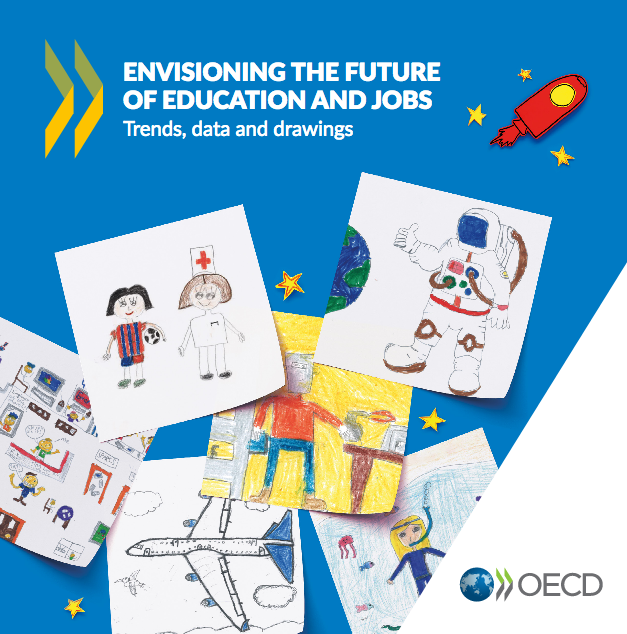
Addressing the mismatch between children’s job aspirations and the labour market demand
by Pisana Ferrari – cApStAn Ambassador to the Global Village A joint report by the OECD and the UK-based charity “Education and Employers” was presented in Davos at the World Economic Forum 2019 on January the 23rd. The report is inspired by a survey of 20,000 primary school children called “Drawing your future”, organised by …
“Addressing the mismatch between children’s job aspirations and the labour market demand”
Read More
In South Africa a new movement seeks to “decolonise” the teaching of mathematics
by Pisana Ferrari – cApStAn Ambassador to the Global Village Unlike the arts and humanities, mathematics is generally understood to be universal and objective. Not so for the students and academics leading the process of “decolonization” across S. African universities, where “the spotlight has fallen onto mathematics”. Exactly what decolonizing math would entail isn’t entirely …
“In South Africa a new movement seeks to “decolonise” the teaching of mathematics”
Read More
Will the liberal arts survive the tech-hungry 21st century economy?
by Pisana Ferrari – cApStAn Ambassador to the Global Village In mid-November 2018, Wisconsin University announced plans to stop offering six liberal-arts majors, including geography, geology, French, German, two- and three-dimensional art, and history, claiming the institution no longer has the resources to sustain them. “But, as much as this is a tale of a …
“Will the liberal arts survive the tech-hungry 21st century economy?”
Read More
Challenges in parallel translation verification of test items with script/audio, e.g. for pre-school children
by Pisana Ferrari – cApStAn Ambassador to the Global Village/Roberta Lizzi – Senior project manager, external human resources director @cApStAn cApStAn has almost two decades of experience in the linguistic quality control of test items in international large scale assessements, such as PISA, PIAAC, PIRLS, TIMSS, etc. The translation verification process compares source and target …
Read More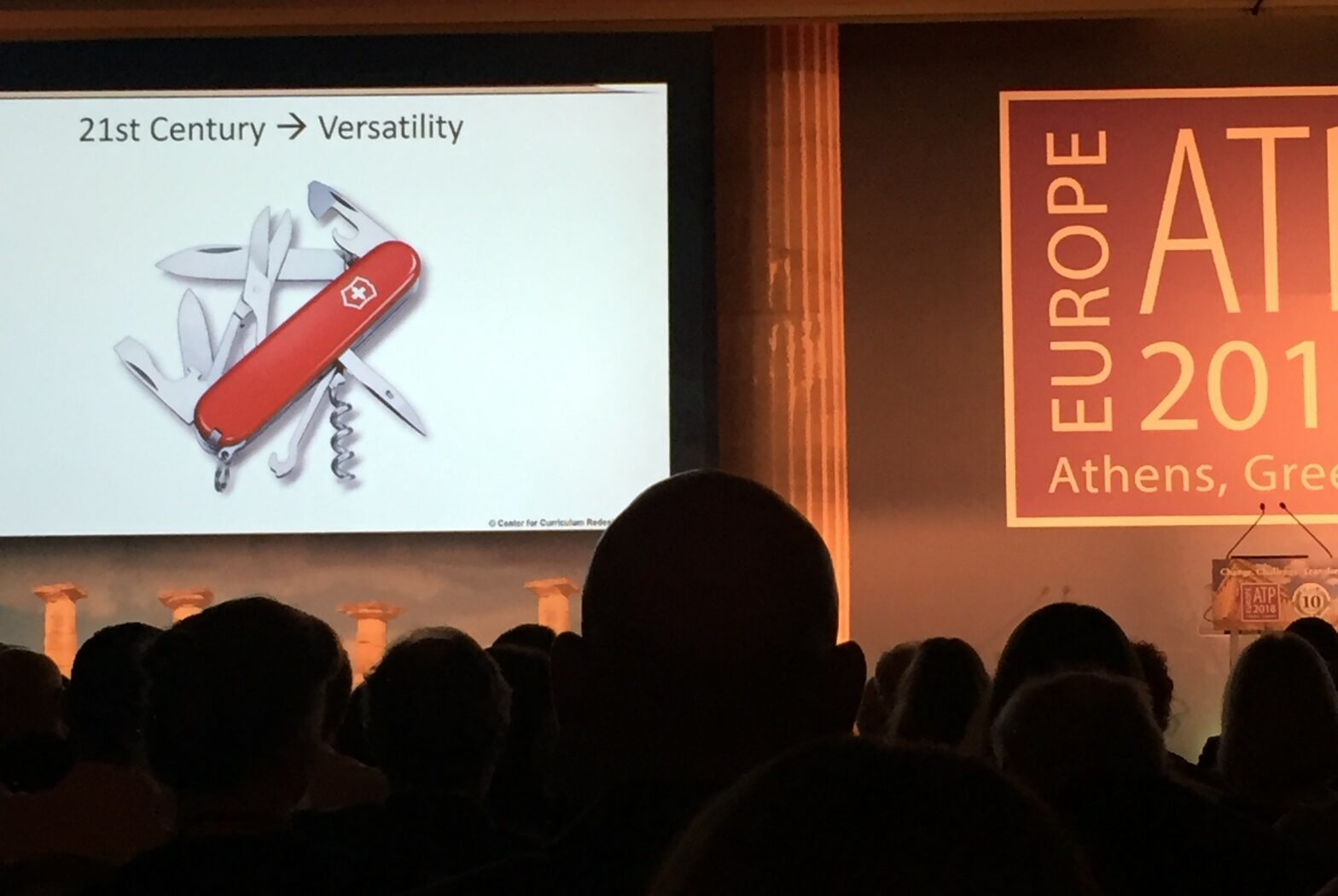
“Versatility” is the key 21st century skill
by Pisana Ferrari – cApStAn Ambassador to the Global Village How can schools prepare students “for jobs that have not yet been created, to use technologies that have not yet been invented and to solve social problems that we don’t yet know will arise”? A thought-provoking introduction by Andreas Schleicher, Director for Education and Skills …
““Versatility” is the key 21st century skill”
Read More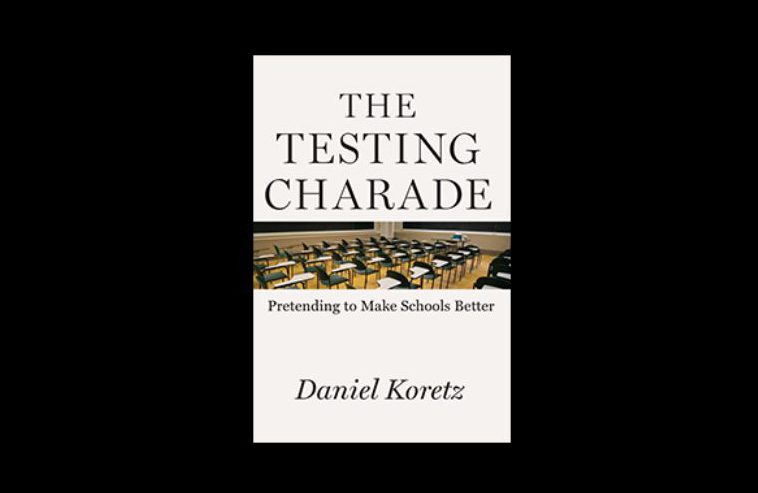
When stakes in testing get too high a lot can go wrong
by Pisana Ferrari – cApStAn Ambassador to the Global Village Interesting review of the recently published book “The Testing charade” by Daniel Koretz PhD, Professor of Education at the Harvard Graduate School of Education. Regular testing benefits the learning process, he says, in this sense it is “a means to give formative assessment”. But it …
“When stakes in testing get too high a lot can go wrong”
Read More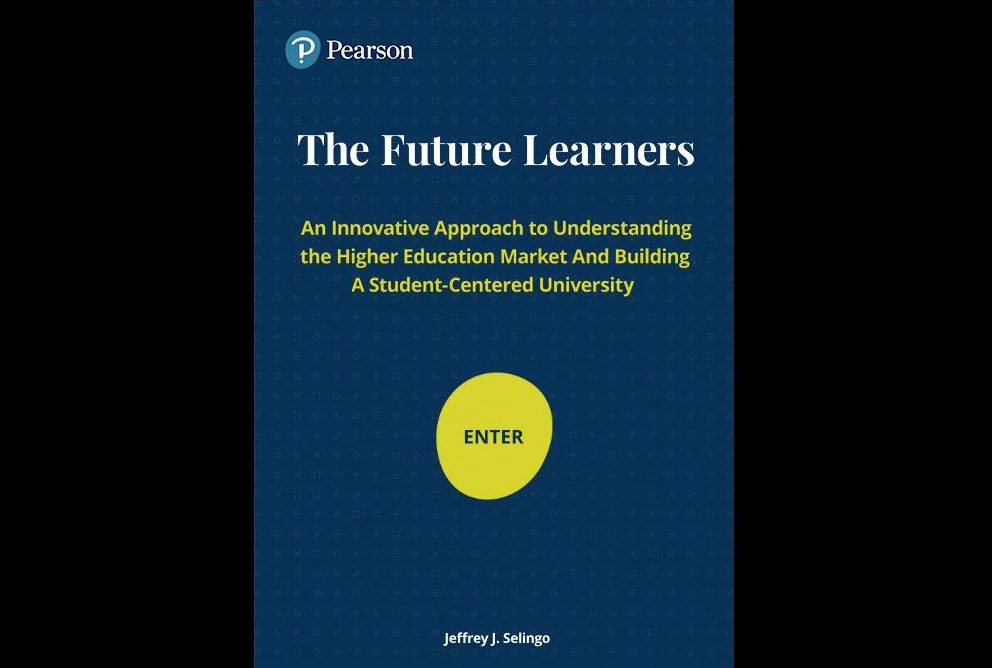
The future learners
by Pisana Ferrari – cApStAn Ambassador to the Global Village The time has come for academic institutions to reflect on their one-size-fits-all model and to understand who the next generation of learners is and how they want to learn. Student segmentation is the key to being able to cater to new and very diverse educational …
Read More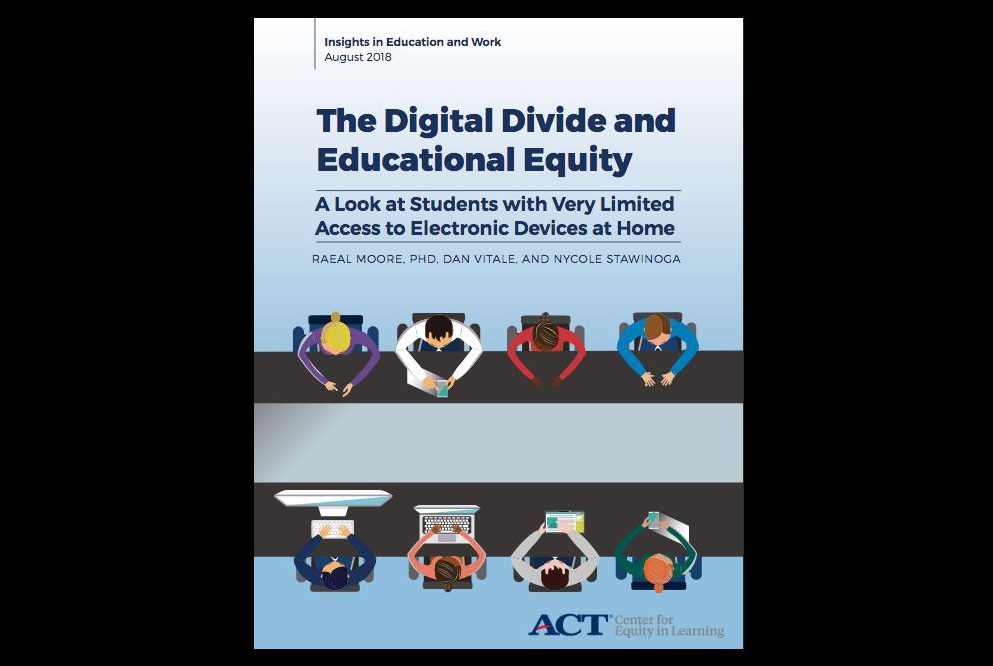
How the “digital divide” can affect students’ learning
by Pisana Ferrari – cApStAn Ambassador to the Global Village In the age of “EdTech” are some students being left behind because of lack of access to digital devices? ACT has recently released the results of a 2017 survey of students who took the ACT test, which shows how family income, racial/ethnic background, geography and …
“How the “digital divide” can affect students’ learning”
Read More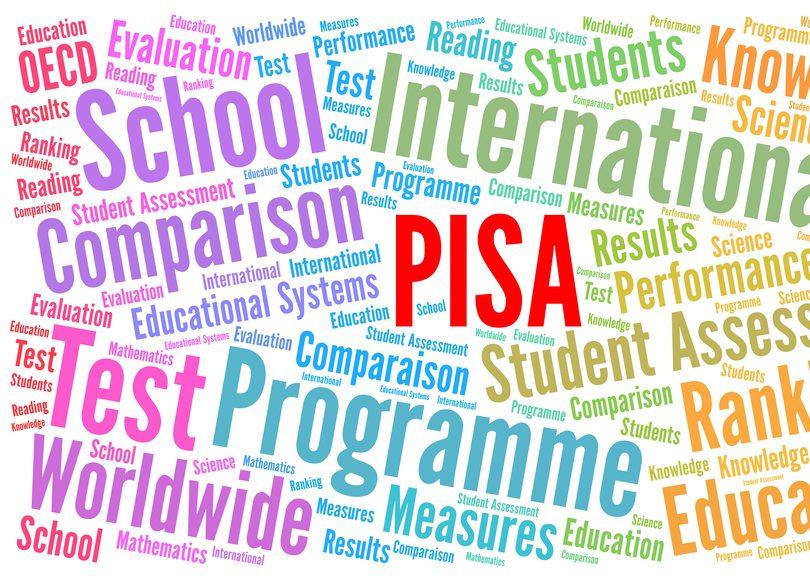
The PISA 2021 Core D contract awarded to cApStAn
by Steve Dept – cApStAn partner The OECD Programme for International Student Assessment, or PISA (see the short PISA video here) is a system-level assessment of knowledge and skills in 15-year old students across the world. In other words, PISA implements (and analyses) internationally standardised assessments of student learning outcomes towards the end of compulsory …
“The PISA 2021 Core D contract awarded to cApStAn”
Read More
Generation Z-ers are coming of age and bringing fresh challenges to educators
by Pisana Ferrari – cApStAn Ambassador to the Global Village A recent study by Bloomberg, based on UN population data, has brought on a resurgence of discussions about the impact of “Generation Z-ers”–also known as Gen Z-ers, iGeneration, Post-Millennials, Homeland Generation, or Plurals–on society. Bloomberg takes 2000-2001 as the “intergenerational cut-off point” and predicts that …
“Generation Z-ers are coming of age and bringing fresh challenges to educators”
Read More